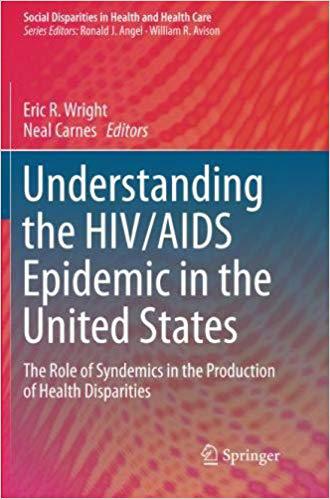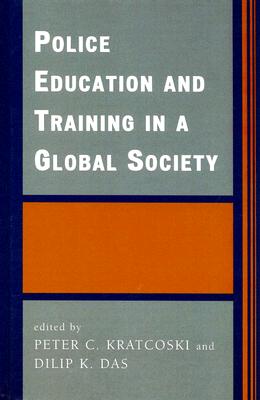
Understanding the HIV/AIDS Epidemic in the United States:The Role of Syndemics in the Production of Health Disparities(Social Disparities in Health and Health Care)
了解美国的艾滋病毒/艾滋病流行病:流行病在健康差异产生中的作用
传染病学
¥
1642.5
售 价:
¥
1314.00
优惠
平台大促 低至8折优惠
发货周期:外国库房发货,通常付款后3-5周到货
出版时间
2018年06月07日
装 帧
平装
页 码
316
开 本
9.21 x 6.14 x 0.66
语 种
英文
综合评分
暂无评分
- 图书详情
- 目次
- 买家须知
- 书评(0)
- 权威书评(0)
图书简介
This book examines the HIV/AIDS epidemic in the United States using the concept of syndemics to contextualize the risk of both well-known, and a few lesser-known, subpopulations that experience disproportionately high rates of HIV and/or AIDS within the United States. Since discovery, HIV/AIDS has exposed a number of social, psychological, and biological aspects of disease transmission. The concept of “syndemics,” or “synergistically interacting epidemics” has emerged as a powerful framework for understanding both the epidemiological patterns and the myriad of problems associated with HIV/AIDS around the world and within the United States. The book considers the disparities in HIV/AIDS in relation to social aspects, risk behavior and critical illness comorbidities. It updates and enhances our understanding of the HIV/AIDS epidemic in the United States and contributes to the expanding literature on the role of syndemics in shaping the public’s health.?
本书暂无推荐
本书暂无推荐














